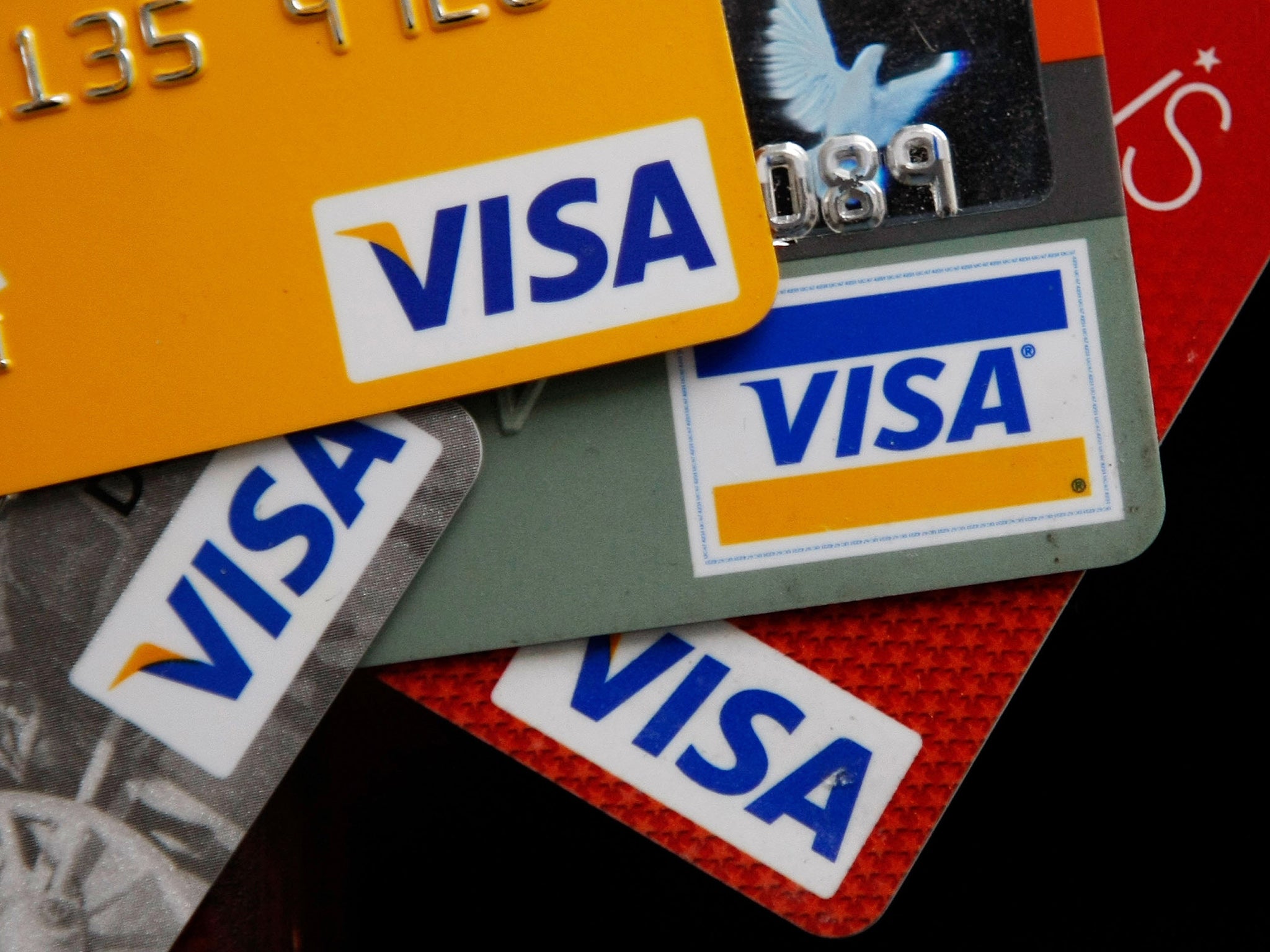FCA's credit card crackdown will have an impact on an imbalanced economy
A debt fuelled spending boom has made the post Brexit economy look healthier than it really is

It’s time to put your money in your piggy bank and stop borrowing to buy things. Nanny is going to tell the naughty children who have been lending to you to stop, right now, before you get into real trouble. They’ll also have to help you repay what you owe. Nanny knows best.
That’s one way of looking at the Financial Conduct Authority’s proposed credit card crackdown.
Under it, banks will be told to contact persistent debtors, the people who regularly spend more on interest and charges than they do on repayments, with offers of help.
In extremis, if that help is refused, it won’t be the customer that has to cut up their cards in a tearful ceremony at Citizens Advice. It will be the bank, which might also have to look at waiving or cancelling interest and charges if borrowers can’t afford repayment plans.
That will probably go down like a lead balloon with the banking industry, whatever its public stance, and regardless of some of the voluntary measures it has agreed to.
The watchdog thinks that there are 3.3m people in persistent debt and over half (1.8m) end up paying more in interest and charges than they spend on reducing their borrowings for two consecutive periods of eighteen months. On average they pay £2.50 to their lenders for every £1 they reduce their debts by. That makes them very profitable customers.
The spending habit is clearly a hard one to break and this is one of those instances where a nanny might be necessary.
However, it won't just be the banks that will lose out through the turning off of the taps. The UK economy has also enjoyed a significant, and unjustified, boost through people habitually splurging on their credit cards.
The wild abandon with which they’ve been borrowing has started to worry the Bank of England, which recently raised the alarm. Its Prudential Regulation Authority is looking into whether banks have been compromising on credit quality in the hunt for new borrowers. The PRA might be the next watchdog to bring the hammer down.
Credit cards have been of particular concern, and I’d imagine there has been a degree of co-ordination between it and the FCA, whose boss Andrew Bailey is a former deputy governor of the Bank of England. You’d certainly hope so.
Regardless, an awful lot of people might have cause to be thankful to nanny in the long run. They’ll get to keep more of their money as opposed to giving it to their banks.
The wider economy will also benefit. Household debt topped 160 per cent of GDP in the run up to the financial crisis, and the number has started to rise again. Not a happy situation to be in.
Nipping the problem in the bud will, however, rob the post-Brexit economy of some of the debt driven consumer spending that has served as its favourite crutch, one that has helped to prop up growth at a time when trade and investment have been notably weak.
Long term that should be beneficial. Consumers stand to save between £3bn and £13bn as a result of the FCA's credit card crackdown (it thinks). They will (in theory) be able to spend that money in the economy rather than on their banks. But it will take many years for that benefit to filter through to the figures, and Brexiteer ministers might be wise to brace themselves for some disappointing numbers in the months ahead.
Join our commenting forum
Join thought-provoking conversations, follow other Independent readers and see their replies
Comments
Bookmark popover
Removed from bookmarks